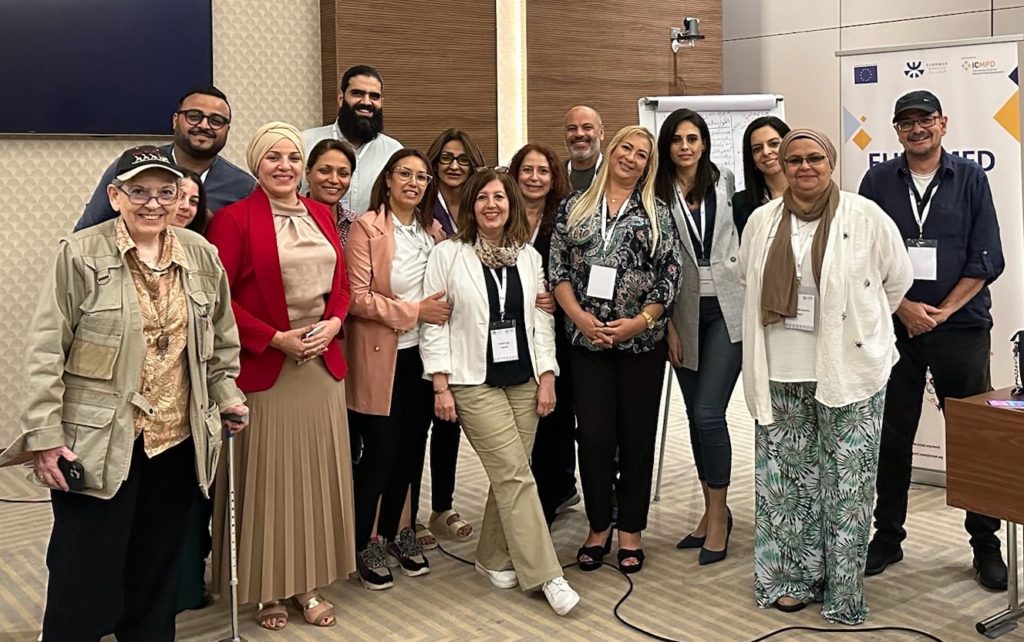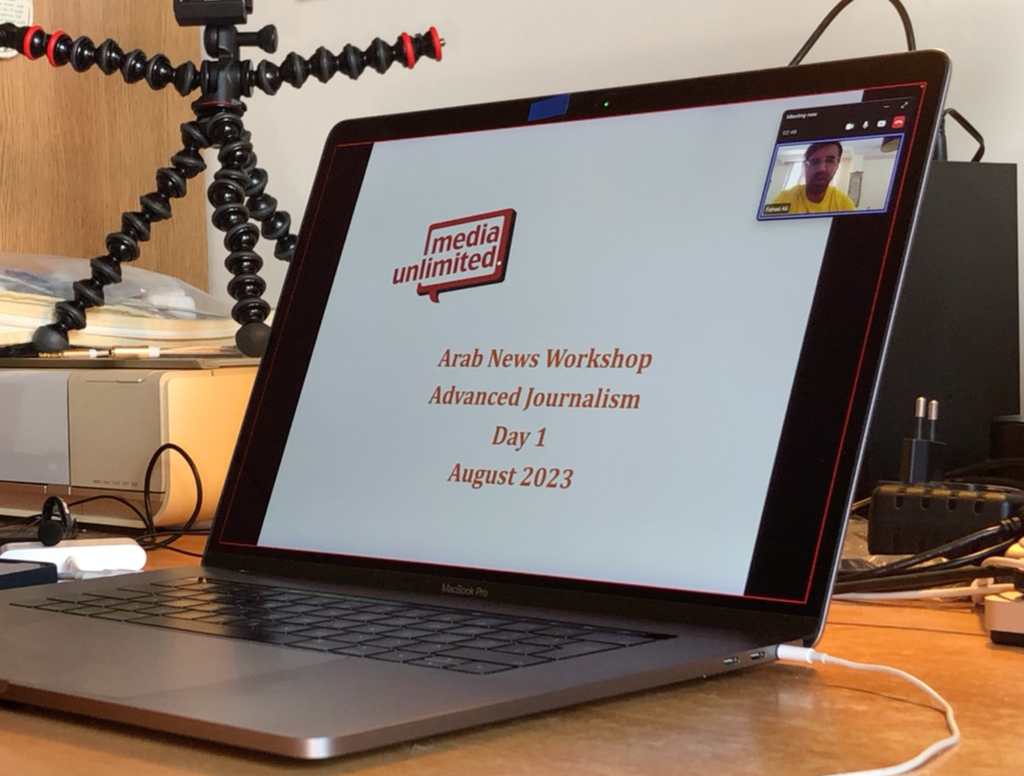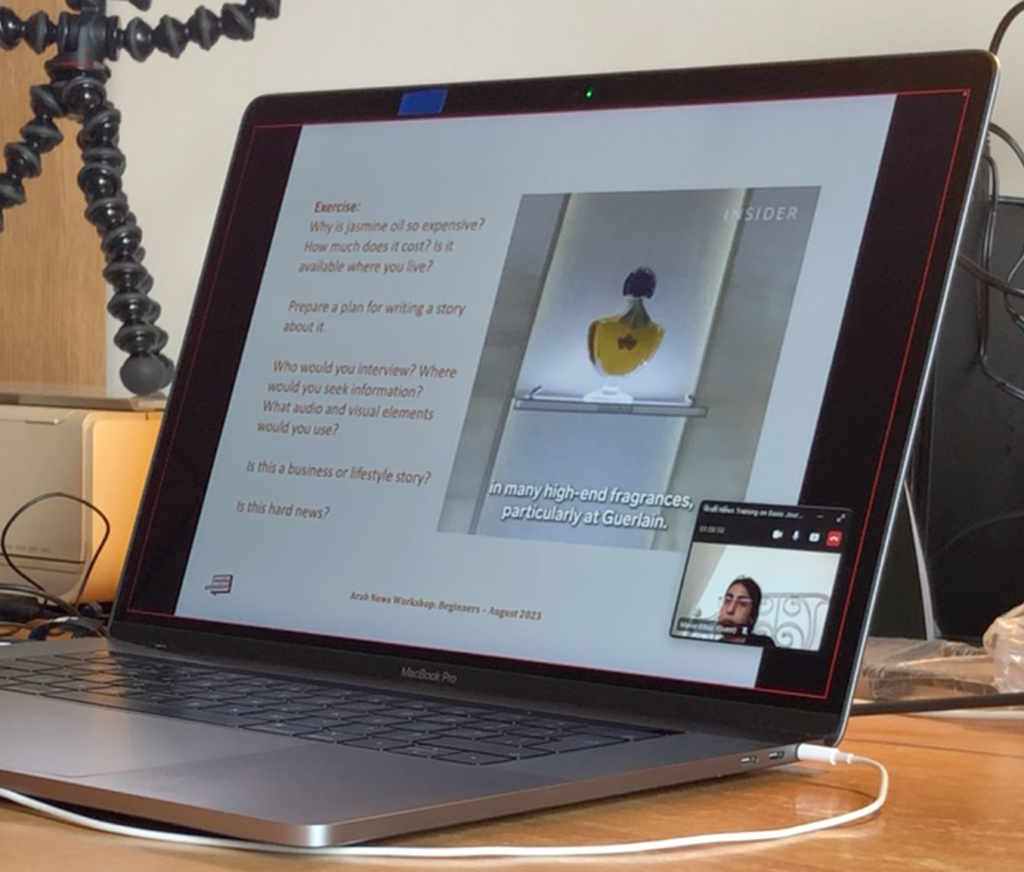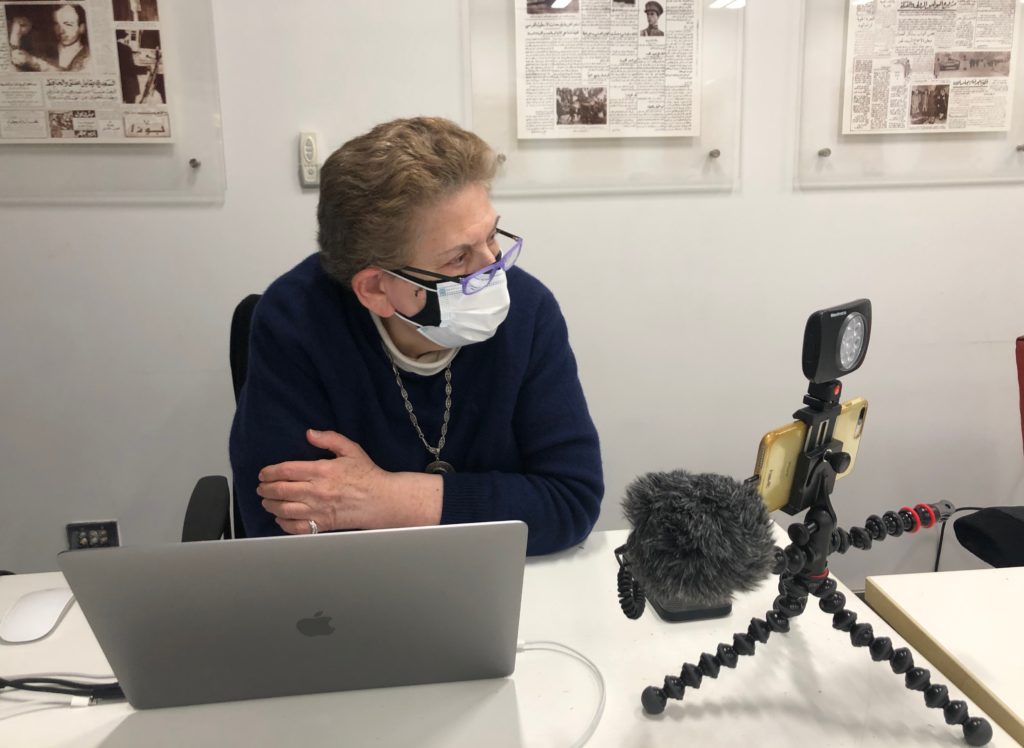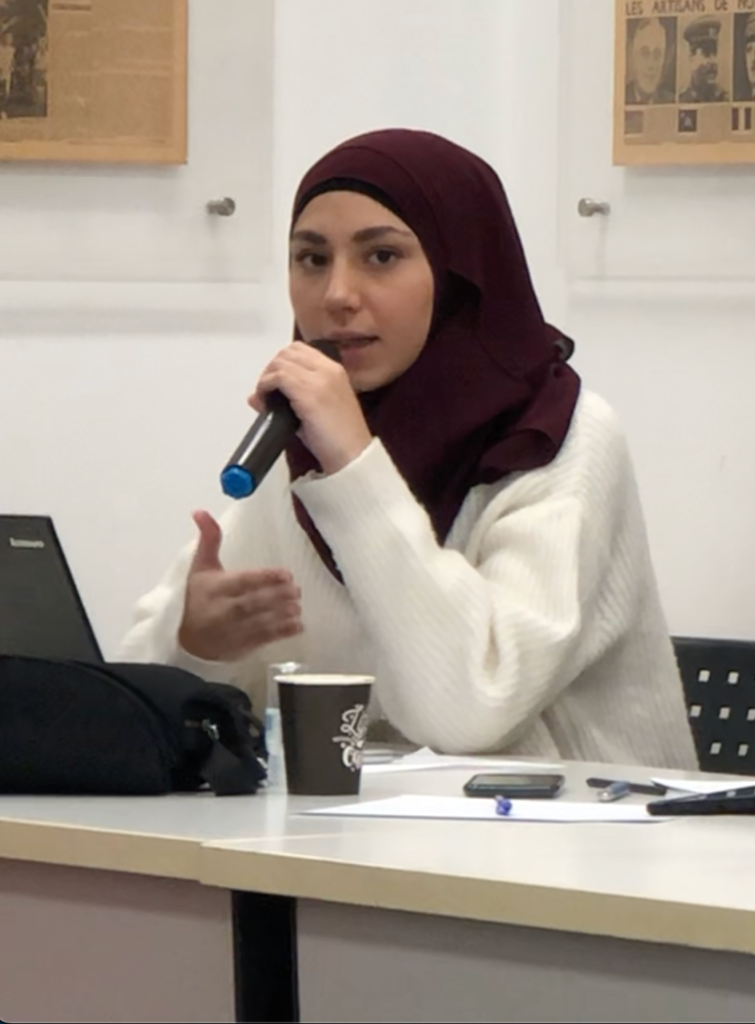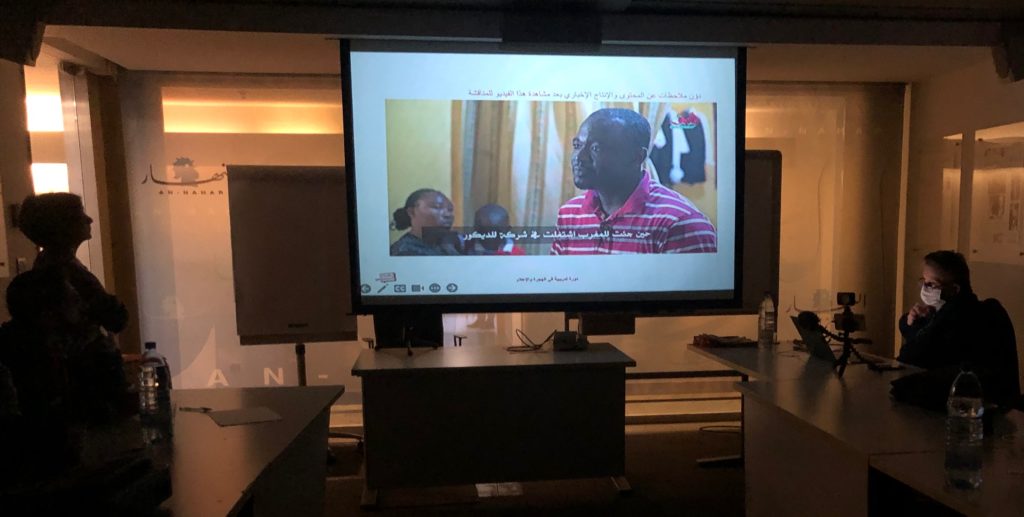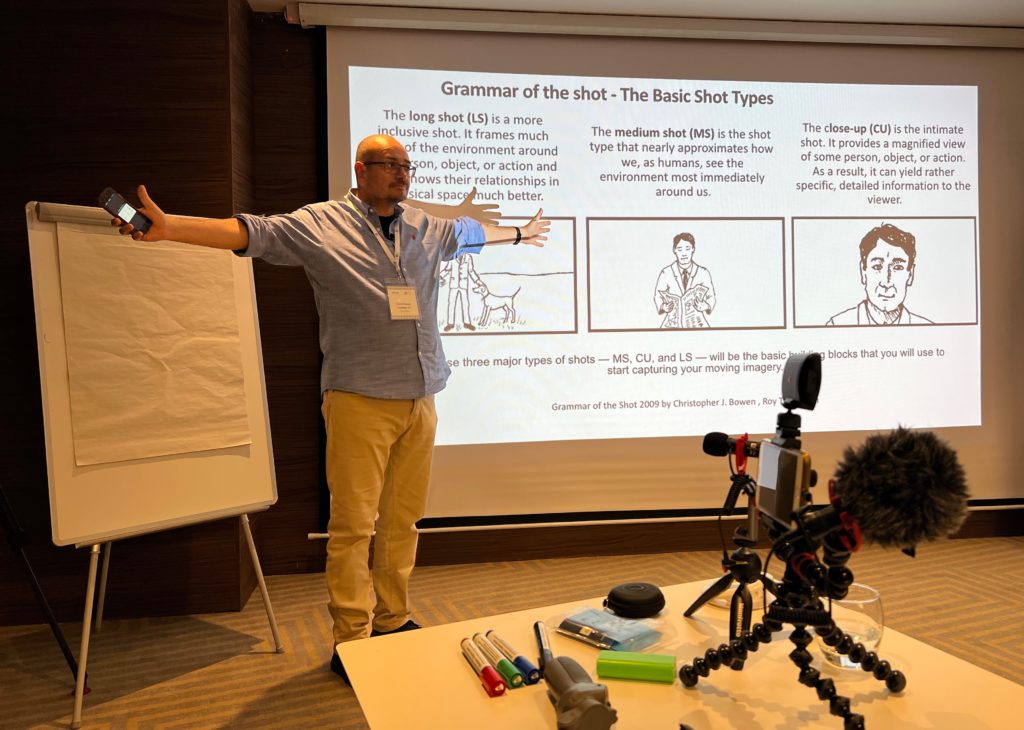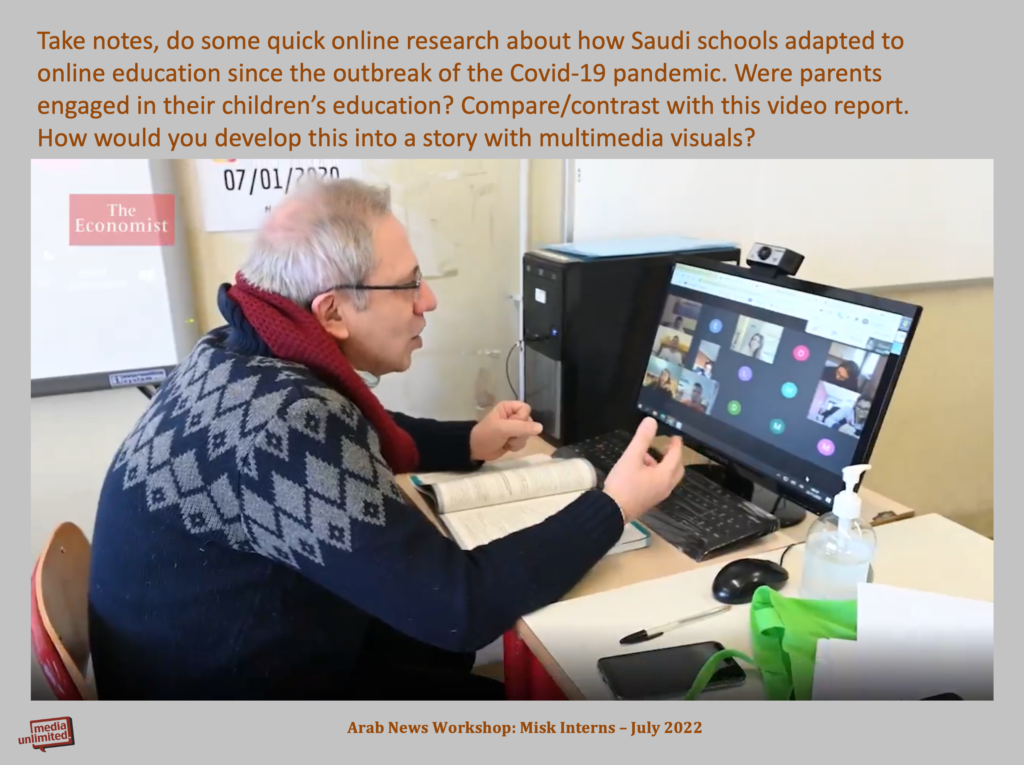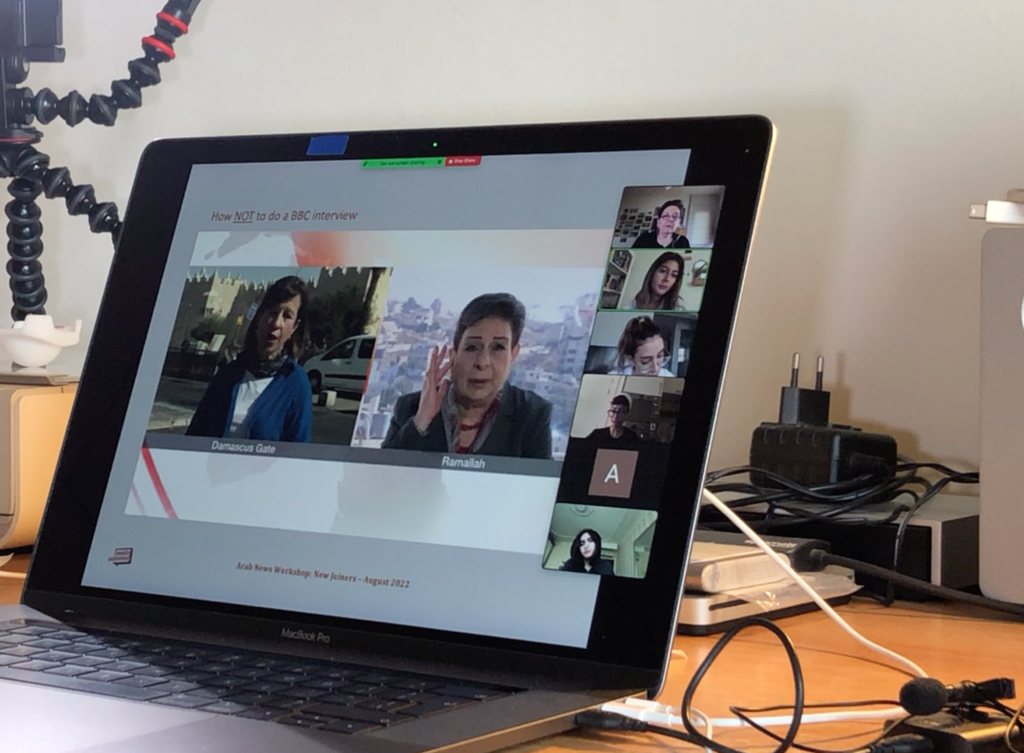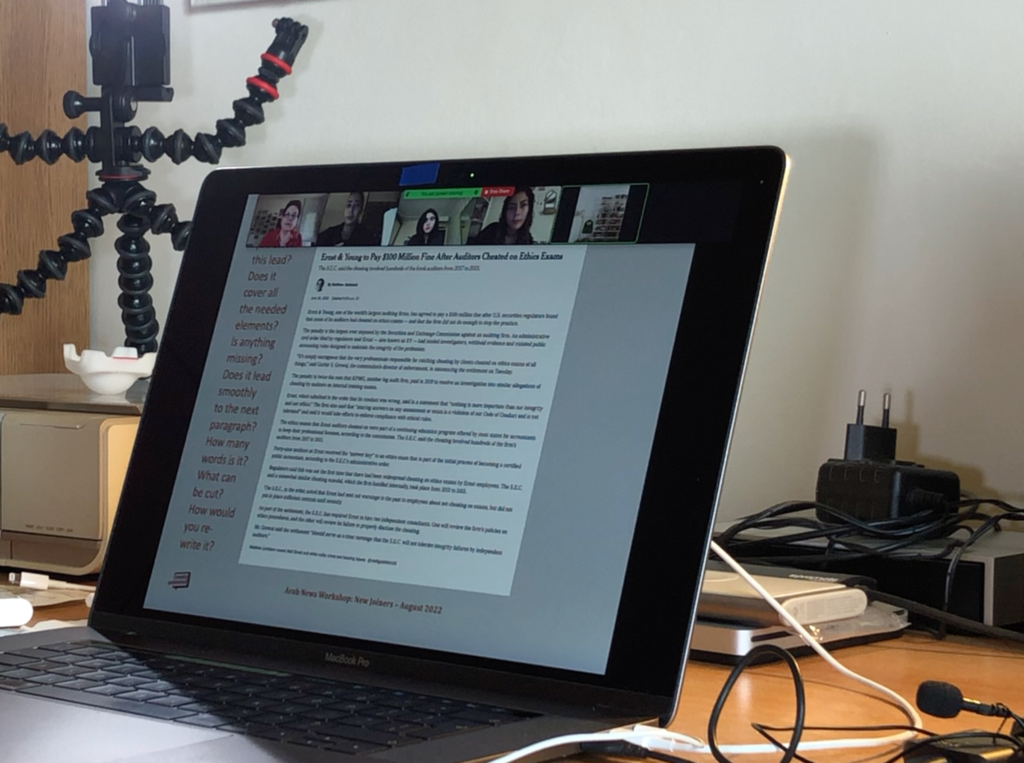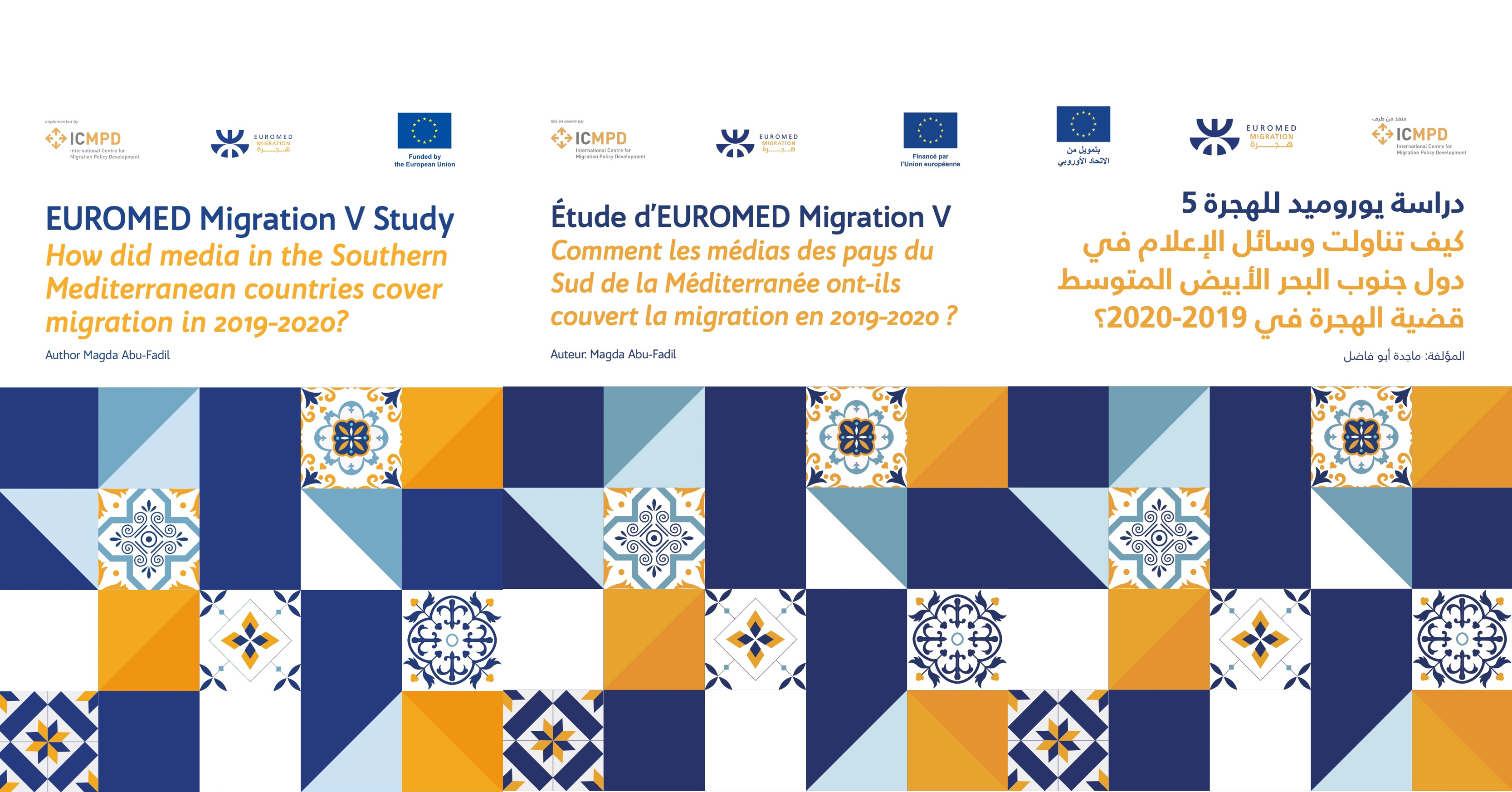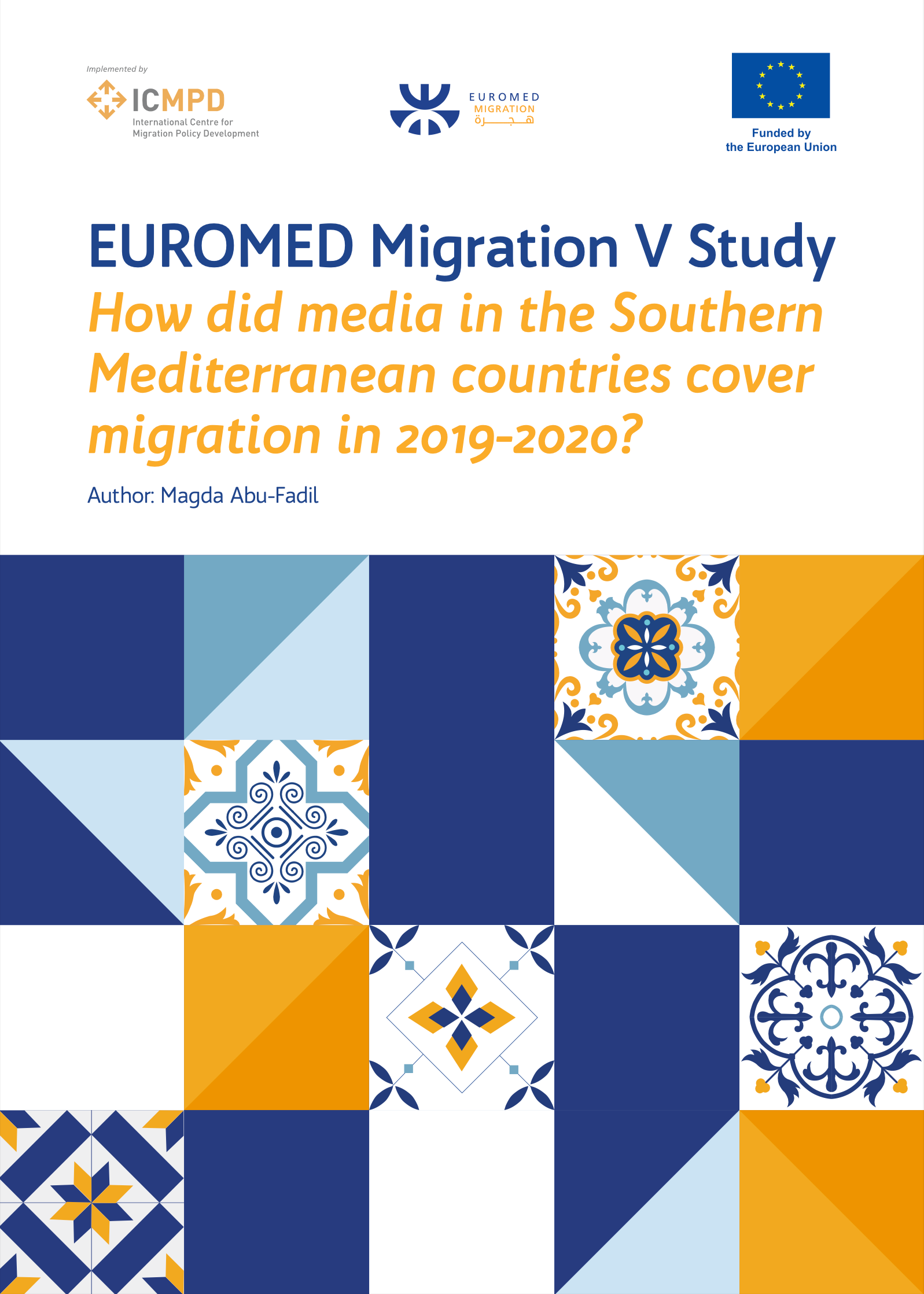International (mostly Western) media have exercised double standards in covering Israel’s war on Gaza following an attack by Hamas militants, Media Unlimited director Magda Abu-Fadil told Monte Carlo Douwaliya radio.

The media have dehumanized Palestinians and minimized the harm to which they’ve been subjected by Israel’s onslaught whereas these same outlets have exhibited sympathy towards Ukranians’ conflict with Russia, she said as the Gaza war began to unfold.
“It’s hard to ignore the blind bias favoring Israel and deafening transgressions in the media,” she said. “I’ve been in the media sphere for over 50 years and have never seen such disgraceful coverage as I’ve witnessed since the outbreak of the “Aqsa Flood” operation by Hamas and the war Israel has launched on Gaza.”
She cited, among other examples, the BBC’s reference to Hamas having “killed” 700 Israelis at a music festival in its October 7 attack whereas when Israel launched its offensive on Gaza, Palestinians “died,” as if they had collectively succumbed to a heart attack.
This reflects the higher value the BBC places on Israelis than on Palestinians, Abu-Fadil noted, adding that it was shameful.
In another example, she said CNN deleted a controversial video segment in which an Israeli army spokesman claimed during a field trip accompanying foreign journalists to the Rantissi Children’s Hospital in Gaza that Hamas had used the facility to detain Israeli hostages it had captured in its October attack.
The spokesman pointed to a handwritten paper in Arabic saying it listed the names of terrorists with their shifts in guarding the hostages, when it was clear to anybody with knowledge of the language it was a simple calendar of the days of the week.
“One of the most enthusiastic journalists eager to cover this misleading news was CNN’s international diplomatic editor Nic Robertson, who doesn’t read Arabic, so just like a parrot he repeated the Israeli tune in all ignorance and dishonesty,” Abu-Fadil said. “CNN had to delete this segment from its YouTube channel and official website and justified it by saying the report was long.”
It was a flimsy and unconvincing excuse, Abu-Fadil added.




